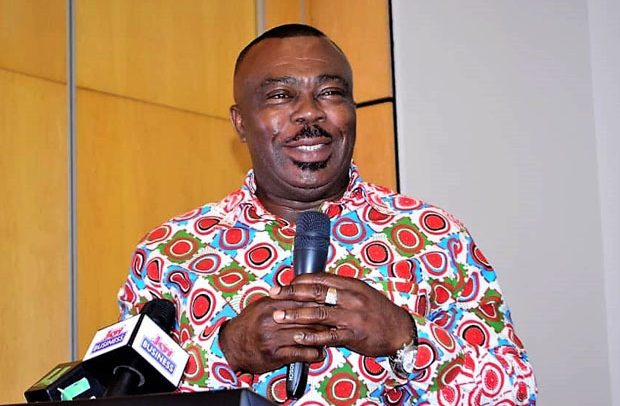Asamoah Boateng
Plans are far advanced to enlist some state-owned enterprises (SOEs) under the State Interests and Governance Authority (SIGA) on the Ghana Stock Exchange (GSE) to afford Ghanaians the opportunity to own shares in these institutions.
According to the Director General of SIGA, Stephen Asamoah Boateng, who made the disclosure, the move was intended to create wealth for all Ghanaians and also to have a say because they could now own shares in the SOEs that would be listed on the stock market.
Mr. Boateng, who was speaking in an interview on GTV, said the authority had begun deliberations with the GSE and had notified them of their intention to offload some of the SOEs.
According to him, the decision is in line with the governing New Patriotic Party’s (NPP’s) policy of building and wealth creation under a private sector-led economic development.
He said the NPP as a party recognized the special role of the Ghanaian private businessmen and women. He stated that even though the state might get involved in creating businesses, its involvement would not be one that pushed the private sector out of business.
Mr. Boateng said the assertion that the only time SOEs were sold off was when they were not performing is wrong, explaining that the notion was contrary to the thoughts he and his team at SIGA held.
According to him, there are some state institutions that may be making profit and it is important that the authority builds wealth in the Ghanaian society as well. Making shares of such enterprises available for Ghanaians to purchase and partake in the profits thereof is the sure way to prosperity for all.
SIGA has categorized state businesses for efficient management of state assets.
Mr. Boateng disclosed that the authority, with the approval of Cabinet, would classify state-owned businesses under its wing into various categories based capitalization and efficient and effective management that might be required to ensure maximum profitability.
“My team has been working very hard on a strategic policy which would have to be approved by Cabinet at some point. There are 103 state institutions, some of which are non-operational and we cannot manage all of them so the policy will classify all these entities strategically, based on their performance.
“There will be a classification on institutions that government must fully own (100%). For example, we can say maybe a company like ECG or Ghana Water (Company) must be fully owned by government or move it to the second category which is to invite private sector participation on a management contract basis or to dilute our shares to get private participation to help recapitalize them,” he said.
Responding to a question on the source of his belief in the inclusion of the private sector in government business, the SIGA boss said the private sector brought in a lot of expertise, capital and discipline to work environments. “Those of us operating in the public sector need to collaborate with the private sector in a win-win situation,” he answered.


